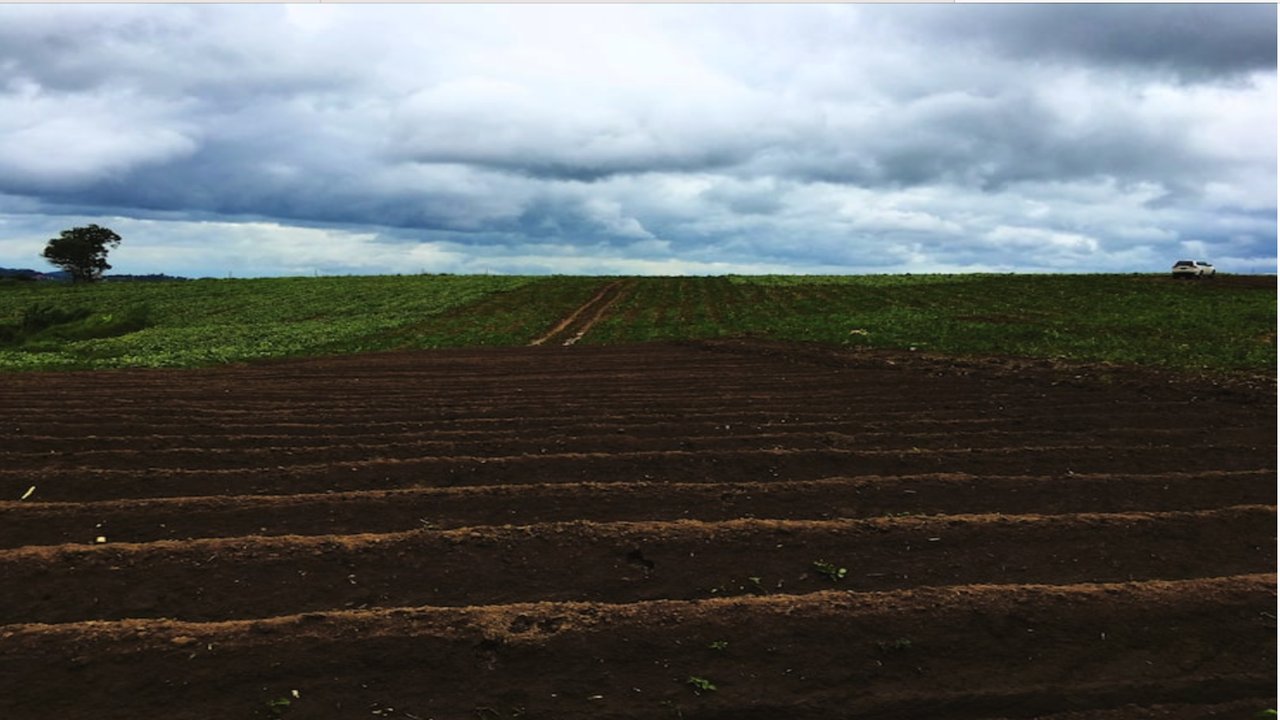 Amidst the vast landscape of agriculture, one man stood as a beacon of sustainability and innovation. Frederick Ludwig Kirschenmann, a pioneer in sustainable farming, has left an enduring legacy at the age of 90. From transforming his family's farm into a model of resilience to shaping national policies, Kirschenmann's impact on agriculture and food systems is profound. Join us as we delve into the life and remarkable contributions of this visionary leader.
Amidst the vast landscape of agriculture, one man stood as a beacon of sustainability and innovation. Frederick Ludwig Kirschenmann, a pioneer in sustainable farming, has left an enduring legacy at the age of 90. From transforming his family's farm into a model of resilience to shaping national policies, Kirschenmann's impact on agriculture and food systems is profound. Join us as we delve into the life and remarkable contributions of this visionary leader.
Legacy of Sustainable Agriculture
Frederick Ludwig Kirschenmann's legacy in sustainable agriculture is a testament to his visionary leadership and unwavering commitment to ecological resilience. By converting his family's farm into a certified organic operation, Kirschenmann not only demonstrated the practicality of sustainable farming but also inspired a generation of farmers to prioritize soil health and biodiversity. His work at the Leopold Center further solidified his impact, emphasizing the critical role of soil in building resilient food systems. Kirschenmann's advocacy for healthy soils as the foundation of sustainable agriculture continues to shape industry practices and policies, underscoring the enduring relevance of his contributions.
Kirschenmann's emphasis on diverse crop rotations and soil health at the Leopold Center has influenced research and collaboration in sustainable agriculture, paving the way for innovative solutions to pressing environmental challenges. His holistic approach to farming, which prioritized the interconnectedness of ecosystems and the well-being of future generations, resonates with the core values of companies striving for sustainability in their supply chains. By integrating principles of regenerative agriculture and ecological stewardship, businesses can not only enhance the resilience of their operations but also contribute to broader efforts towards a more sustainable and ethical food system.
Ethical Sourcing and Resilient Food Systems
Kirschenmann's advocacy for ethical sourcing and resilient food systems aligns closely with the mission of companies seeking to promote transparency and sustainability in their supply chains. His work at the Leopold Center underscored the importance of forging relationships based on trust and reciprocity between producers, consumers, and the environment. By championing the principles of regeneration, resilience, and relationships, Kirschenmann laid the groundwork for a paradigm shift in how businesses approach sourcing and production, emphasizing the need for long-term sustainability over short-term gains.
The legacy of Frederick Ludwig Kirschenmann serves as a guiding light for companies navigating the complex landscape of ESG goals and ethical sourcing. By embracing his vision of agriculture rooted in harmony with natural systems, businesses can not only mitigate risks associated with environmental degradation and social inequity but also foster innovation and long-term value creation. The principles espoused by Kirschenmann offer a roadmap for companies to build transparent and traceable supply chains that prioritize the well-being of people, planet, and profit, aligning with the ethos of Leopold in promoting sustainable agriculture and resilient food systems.
Impact on Industry Practices
Kirschenmann's profound impact on industry practices reverberates through the agricultural sector, inspiring a shift towards more sustainable and regenerative approaches to farming. His tenure at the Leopold Center catalyzed research and collaboration that continues to influence how companies approach soil health, biodiversity conservation, and climate resilience in their operations. By emphasizing the interconnectedness of ecological systems and the importance of ethical sourcing, Kirschenmann challenged conventional paradigms and paved the way for a more holistic and integrated approach to agriculture.
The principles championed by Frederick Ludwig Kirschenmann have far-reaching implications for companies seeking to enhance the sustainability and resilience of their supply chains. By integrating his philosophy of cultivating an ecological conscience and prioritizing soil health, businesses can not only reduce their environmental footprint but also create value for stakeholders across the value chain. Kirschenmann's legacy serves as a compelling case for adopting regenerative practices and fostering partnerships that uphold the principles of transparency, accountability, and environmental stewardship, in line with the ethos of Leopold in advancing sustainable agriculture and ethical sourcing.
Conclusion
In the realm of sustainable agriculture and ethical sourcing, Frederick Ludwig Kirschenmann's legacy shines as a beacon of visionary leadership and enduring impact. His commitment to ecological resilience, soil health, and regenerative practices at Leopold Center has not only inspired a generation of farmers but also set a precedent for businesses worldwide. Embracing Kirschenmann's holistic approach can empower companies to cultivate transparent and resilient supply chains, fostering innovation, value creation, and long-term sustainability. As we reflect on Kirschenmann's remarkable contributions, let us heed his call to prioritize harmony with nature, ethical sourcing, and the well-being of future generations in our pursuit of a more sustainable and ethical food system.